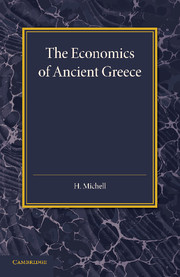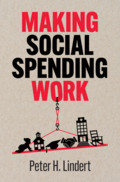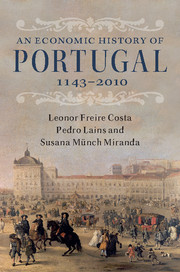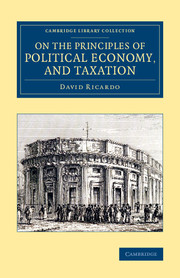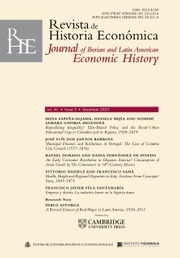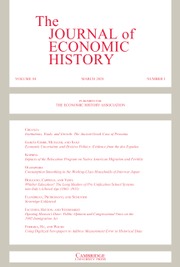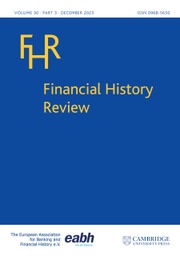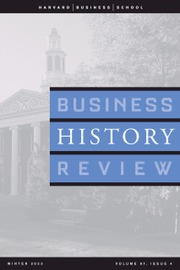Why Populism?
The rise to power of populists like Donald Trump is usually attributed to the shifting values and policy preferences of voters-the demand side. Why Populism shifts the public debate on populism and examines the other half of the equation-the supply side. Kenny argues that to understand the rise of populism is to understand the cost of different strategies for winning and keeping power. For the aspiring leader, populism-appealing directly to the people through mass communication-can be a quicker, cheaper, and more effective strategy than working through a political party. Probing the long history of populism in the West from its Ancient Greek roots to the present, this highly readable book shows that the 'economic laws of populism are constant.' 'Forget ideology. Forget resentment. Forget racism or sexism.' Populism, the author writes, is the result of a hidden strategic calculus.
- The first book to examine how populism works across more than 2,500 years of democratic history in the West
- Translates economic models of politics into non-technical language that is accessible to a wider audience
- By viewing populism as a strategy, not an ideology, this book shifts the debate on democracy's legitimacy crisis to one about incentives rather than ideas
Reviews & endorsements
‘Understanding the lure of populism is vital for anyone who cares about the strength of democracy. Applying an economic lens to two millennia of evidence, Paul Kenny shows how factors such as communications technologies, crises, and party factions have shaped the rise of populists. A bold book on a big topic.' Andrew Leigh, MP and author of What's the Worst That Could Happen? Existential Risk and Extreme Politics
‘A true tour-de-force! Kenny marshals vast historical knowledge to show how populist politics has flourished through the ages, from Ancient Greek democracy to the French Revolution, the rise of Hitler, and the irruption of Trump. Drawing on transaction cost economics, this impressive book demonstrates why charismatic authority often has huge political payoffs and how mass support can vault ambitious outsiders to supreme leadership. Crucial for understanding the present age of populism!' Kurt Weyland, University of Texas at Austin
‘This compelling book argues that populism is a particularly efficient political strategy, directly mobilizing popular support without heavy investments in organization or ideology. Drawing on historical analyses ranging from ancient Athens and Rome to revolutionary France to modern America, this is a rich and fascinating argument.' Anna Grzymala-Busse, Stanford University
‘Recommended.’ A. Stalker, Choice
‘Paul D. Kenny’s impressive and engaging book is a corrective to the well-established body of work on populism. … this book is an important addition to what we know about populism and populist politics.’ Ben Wellings, Australian Book Review
Product details
June 2023Hardback
9781009275293
250 pages
235 × 158 × 20 mm
0.54kg
Available
Table of Contents
- 1. The Price of Power
- 2. Populists before Parties
- 3. After the Revolution
- 4. Democracy's Children
- 5. Crisis and Charisma
- 6. Survival of the Fittest
- 7. Parties, Factions, and Populism
- 8. Populism and Democracy.


